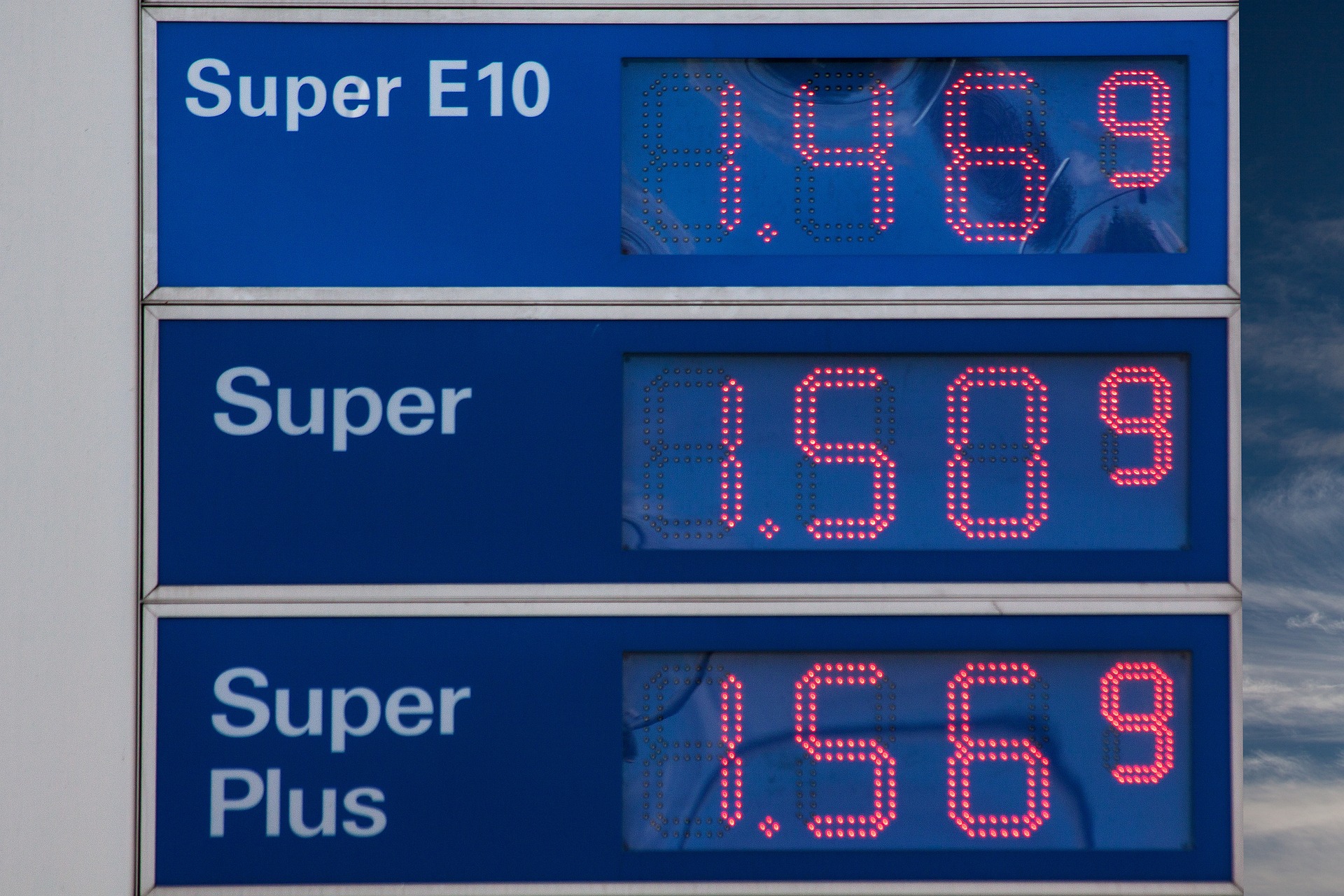
In light of recent events, the abolition of the fuel price freeze and problems with the supply, Viktor Orbán went to the meeting of MOL's board of directors.Continue reading

Brussels wants to raise the excise duty on fuel by 32.5 forints (EUR 0,077), therefore Hungary is asking the EU for a waiver until the end of 2023, economic site Világgazdaság reports. If the European Commission does not accept this request, the tax rate could rise significantly in Hungary, which would further increase fuel prices. In the current situation, after the recent lifting of the fuel price freeze, this would have a serious impact on Hungary.
As Világgazdaság points out, two types of fuel, diesel and petrol, are subject to different EU tax rates. Hungary has for years set the tax rate for petrol at the minimum level and has kept a fixed distance between the tax rates for petrol and diesel.
On the basis of these principles, the tax on petrol would rise from €0.28 to €0.36 per liter, and that on diesel from €0.26 to €0.33. This would result in a tax increase of 32.5 forints, as the official exchange rate of 3 October 2022 would have to be taken into account in the calculation.
The European Commission sent an administrative request to the government on 8 July 2022 regarding the fuel tax rates below the tax minimum.
However, in view of the known circumstances – the war in Ukraine and the energy crisis – the Commission has effectively offered Member States the possibility of a derogation of up to six months.
Two Member States, Portugal and Sweden, have already successfully used this option.
According to Világgazdaság, Hungary could maintain the current excise duty rate until next year if the decision is favorable. However, the possibility that the European Commission will only allow the country a maximum of 6 months must also be taken into account.
The Hungarian government has justified the longer period by arguing that the unfavorable forint exchange rate in October will mean that a drastic increase will be necessary throughout next year, and the energy tax directive allows for a derogation of up to six years.
Gergely Gulyás, the Minister heading the Prime Minister’s Office, already announced last week that after the latest EU sanctions package came into force, the Hungarian government could no longer maintain the capped price of 480 forints for fuel, which it had maintained for more than a year. In addition, as Hungarian oil company MOL’s CEO Zsolt Hernádi pointed out, a serious uncertainty will stem from planned EU sanctions that will come into force in February next year, that aim to prevent the export of fuel made from Russian oil.
Featured photo via Pixabay